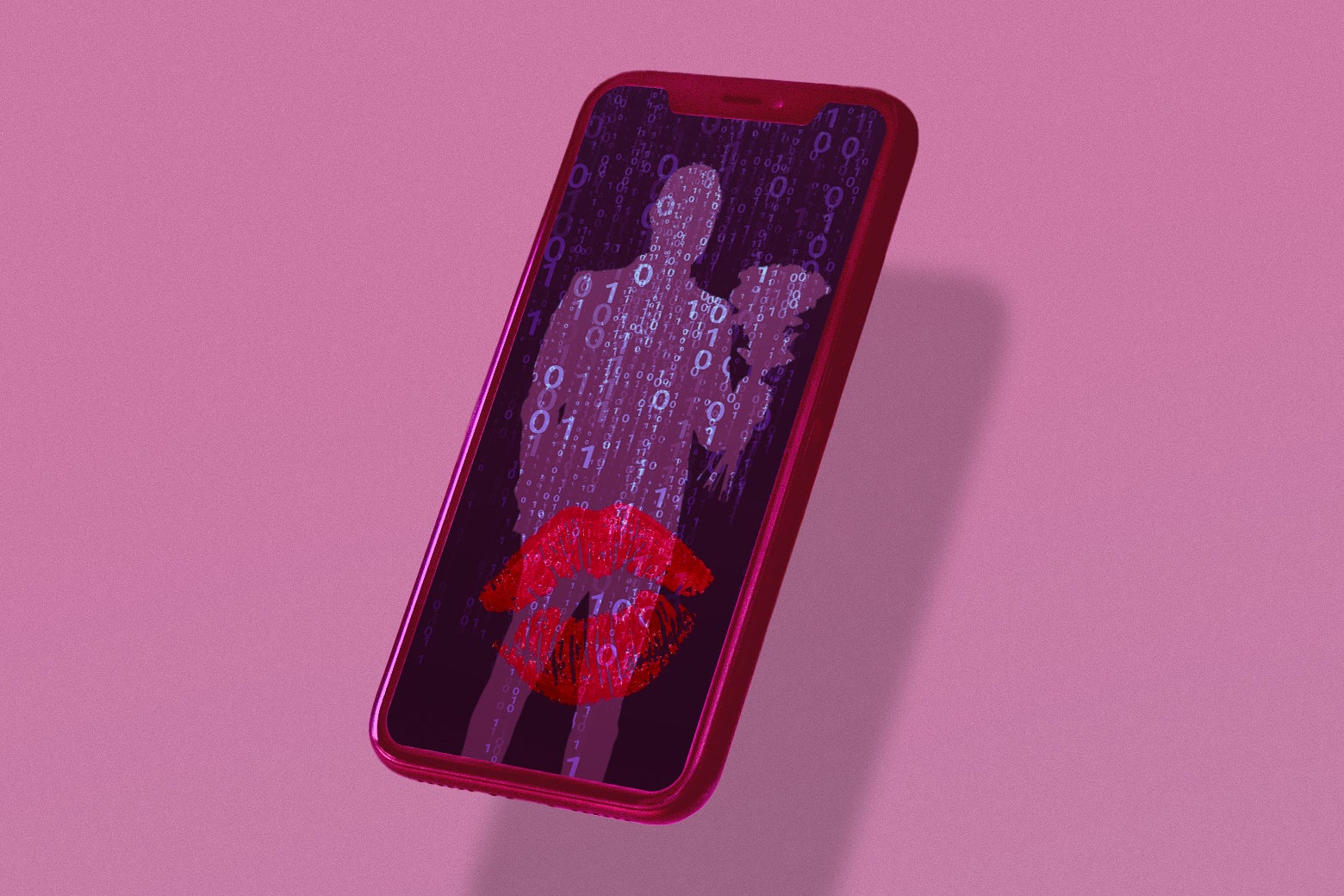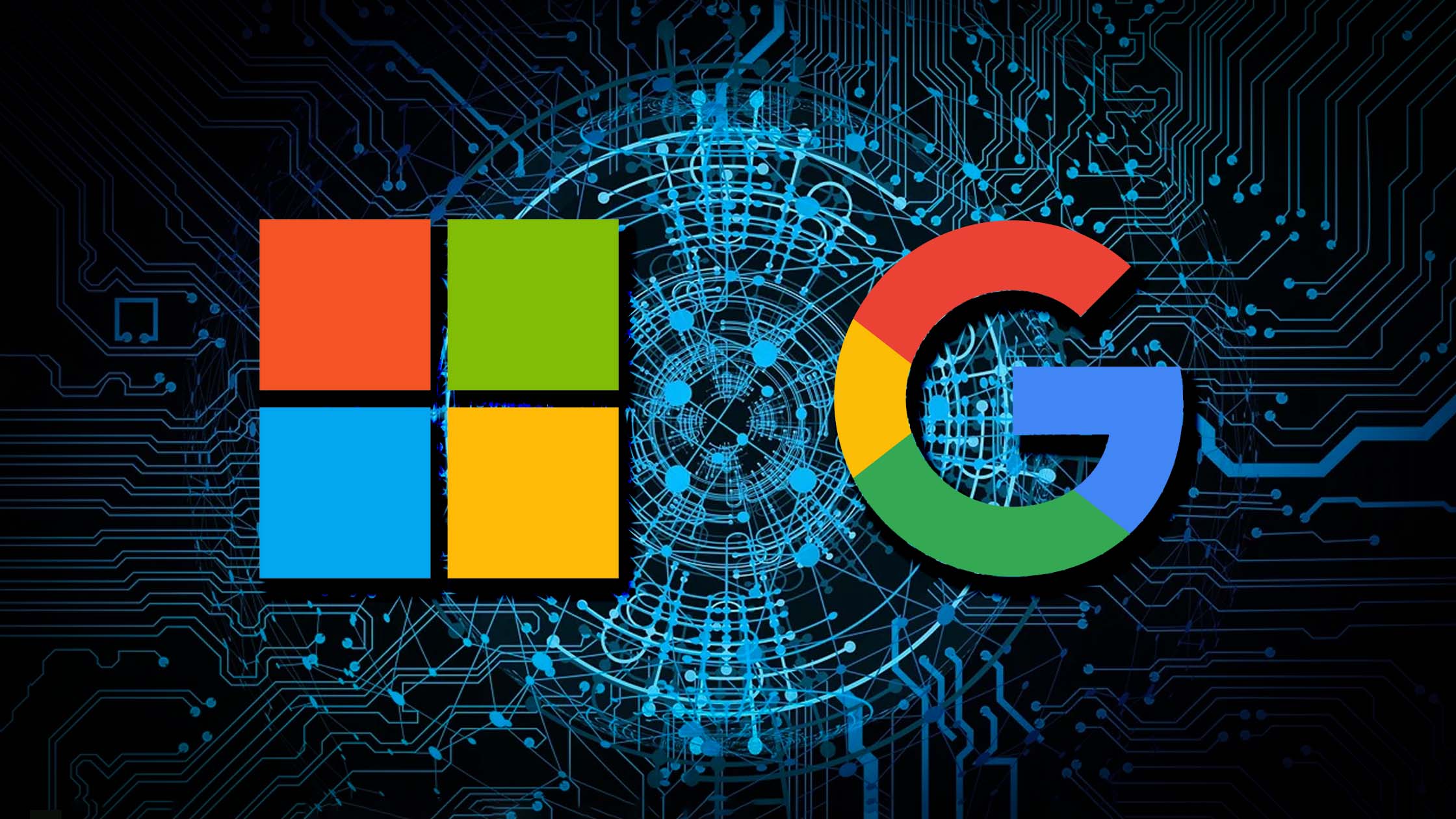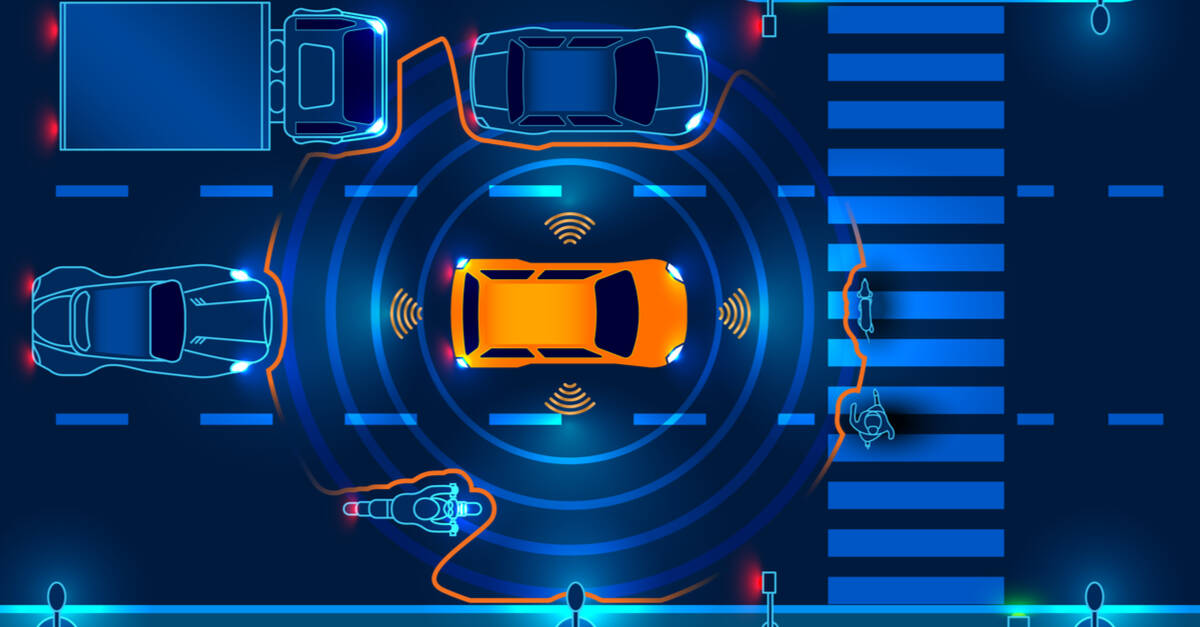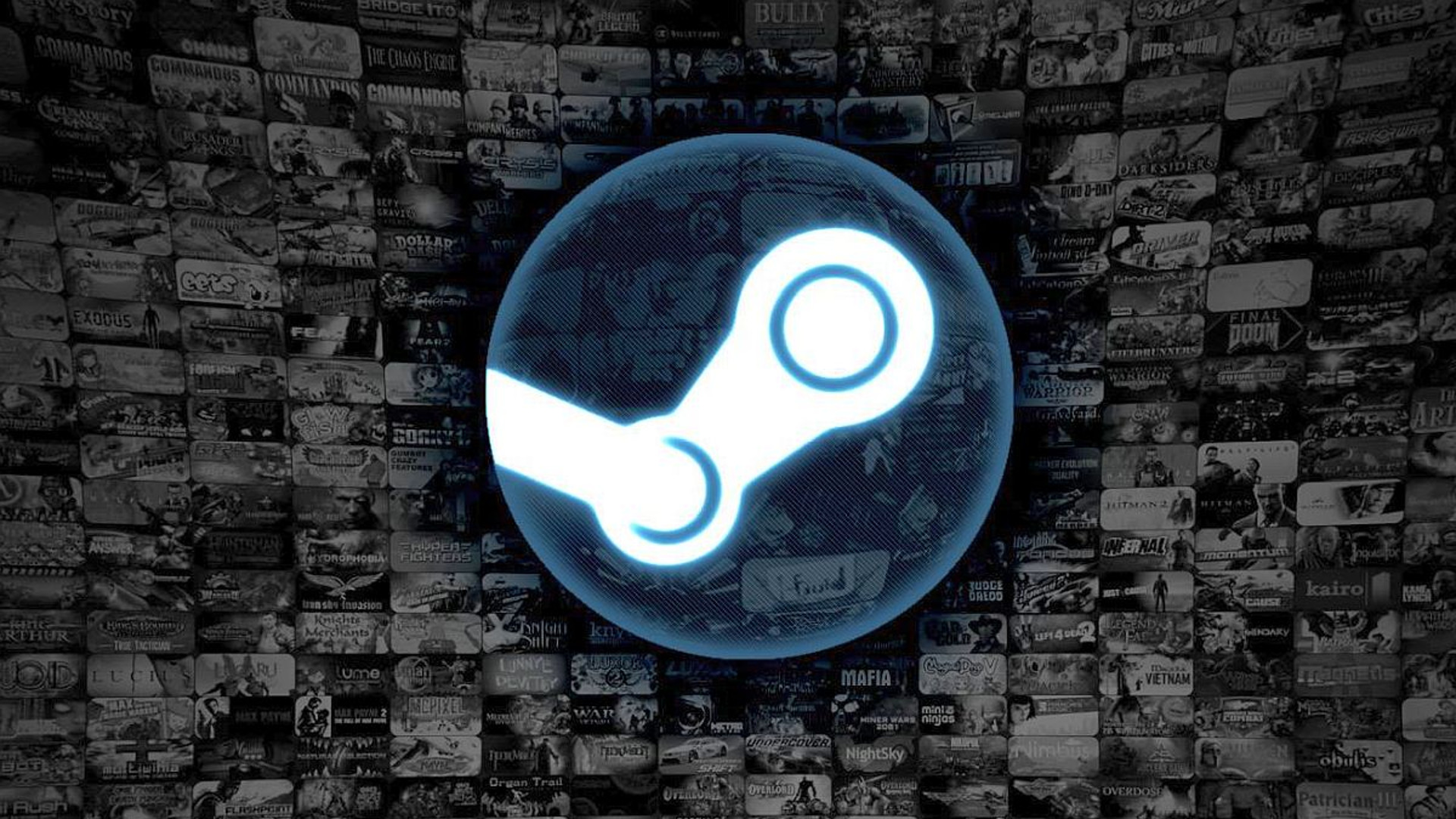Frontier Developments Reverses Decision on Generative AI in Jurassic World Evolution 3
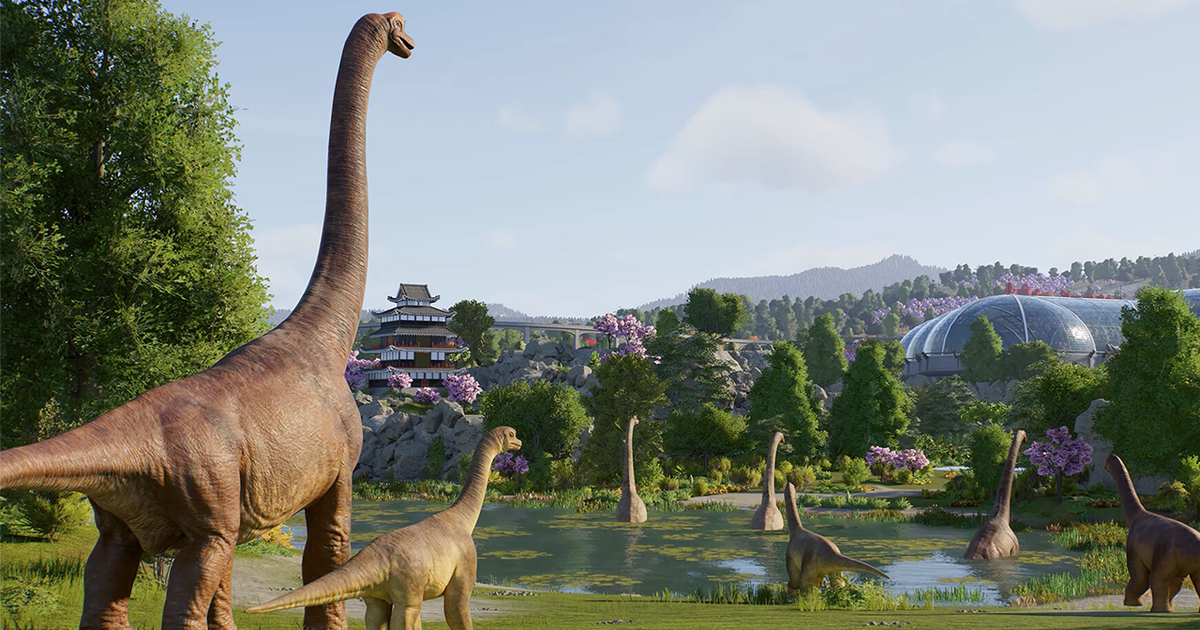
Frontier Developments, the acclaimed game studio known for its innovative creations, has recently reversed its controversial decision to incorporate generative AI technology in the upcoming title, Jurassic World Evolution 3. This decision came after significant backlash from the gaming community, particularly concerning the use of AI-generated portraits of scientists in the game. Initially disclosed in a statement on Steam, the studio's plans for AI involvement were met with a wave of criticism from fans who felt that this approach disrespected artists and undermined the creative process.
One disgruntled player articulated their frustrations in a lengthy discussion thread on Steam, questioning the studio's judgement and calling for greater accountability in the use of AI within creative fields. "Imagine having the foresight to not try and have serious self control or even critical thinking skills as a human being [to simply] just not do this," they remarked, highlighting the sentiment of many players who were disappointed with the studio's decision. Another player added, "Just removed the game from my wishlist. Won't be buying it unless Frontier shows artists and players some respect," reinforcing the notion that community feedback is crucial for the studio's future success.
In response to the overwhelming criticism, Frontier Developments quickly expressed gratitude for the community's feedback and announced that they have officially decided to eliminate the use of generative AI for creating scientist portraits in Jurassic World Evolution 3. This decision underscores the importance of community sentiment in shaping the policies of game development studios, particularly in an era where technology is rapidly evolving.
The debate surrounding generative AI in the gaming industry is multifaceted and contentious. While major corporations like Microsoft, EA, Embracer, Sony, and Epic Games support the technology, often citing its potential to reduce costs and enhance production efficiency, a significant number of industry professionals remain wary. Just last month, the voice actor union SAG-AFTRA filed an unfair labor practice against Epic Games after the introduction of an AI-generated voice for Darth Vader in Fortnite. This incident occurred amidst ongoing strikes for better AI protections for union members.
Moreover, concerns about the implications of generative AI on artistic integrity are echoed by industry experts. David 'Rez' Graham, an independent senior AI programmer and former EA software engineer, expressed his apprehension during a talk at GDC 2025. He argued that generative AI diminishes the value of art by producing derivative works that lack the unique creativity of human artists. "AI is entirely derivative. By definition, it's derivative. It derives the answer from massive data," he explained, raising questions about the originality of AI-generated content.
According to the 2025 State of the Game Industry survey, only 13 percent of developers feel optimistic about the integration of generative AI, while 30 percent of respondents believe it could negatively impact the industry. This divide illustrates the ongoing struggle to balance technological advancement with the preservation of human creativity in game development.














